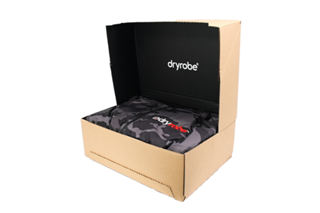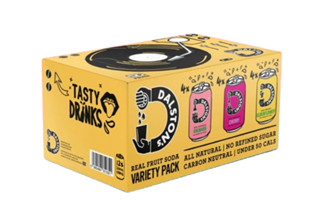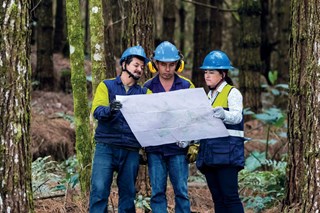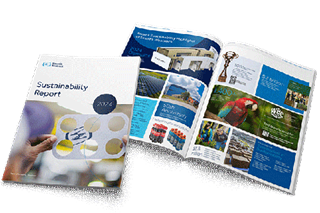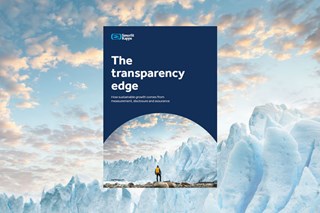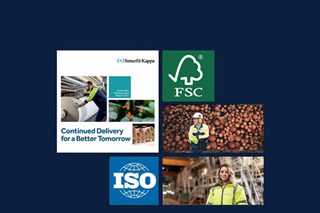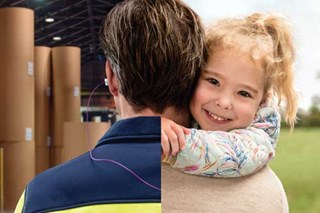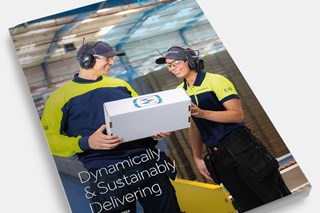Can you call yourself a leader in corporate sustainability if your reporting is not assured?
“If you don’t measure it, you can’t manage it” is a well-worn adage in sustainability reporting circles. But measurement is only half the story: if we cannot be confident about their integrity, sustainability metrics are meaningless.
Consumers are increasingly demanding accountability from brands and expect corporate sustainability to be led with clarity and purpose. According to new research commissioned by Smurfit Kappa and conducted by FT Longitude, 79 per cent of leading retail and consumer businesses have developed tangible plans to achieve net zero by 2050. But these companies are often undermined by a lack of credibility caused by inconsistent access to data and poor supply chain transparency.
In the survey of business leaders from three sectors and 11 countries, 63 per cent say there is complete transparency on how and why their sustainability decisions are made. Yet a third say their climate disclosures are limited, and 61 per cent say they need to improve the way they communicate the sustainability of their practices and products.
“You wouldn’t trust an annual report that wasn’t assured, and a sustainability report should be no different.”
This gap between perception and reality highlights the need for reliable third-party assurance. Without consistent standards of measurement and disclosure, how can consumers and investors trust companies’ claims of progress?
Assurance reassures investors
“You wouldn’t trust an annual report that wasn’t assured, and a sustainability report should be no different,” says Ken Bowles, chief financial officer, Smurfit Kappa. “We need to change the mindset that sees the sustainability report as some lesser thing in terms of the need for quality and assurance. If you look at the crossover between the two, you would be mad to think it shouldn’t be assured.”
About seven in ten business leaders surveyed by Smurfit Kappa say their organisation’s sustainability reporting is assured - a process whereby the data informs these reports is independently verified. In Europe, that proportion is set to change. From 2024, all large EU-listed companies, including those with EU-based subsidiaries, will be required to publish assured sustainability reports.
“You cannot ask the detailed level of questions that we now face if you are just interested in a box-ticking exercise.”
That is good news for investors, because assured reporting makes good business sense. Simon Boas Hoffmeyer, senior sustainability director of Carlsberg Group, the multinational brewer, says many investors are now hiring specialists to determine the environmental, social and governance impact of their investments.
“Back in the day, there was a lot of box-ticking from investors on sustainability, but that has changed significantly,” he says. “You cannot ask the detailed level of questions that we now face if you are just interested in a box-ticking exercise. Investors have a real interest in understanding the profile of their investments — from an opportunity and a risk perspective. The level of awareness and understanding of the scale of the issues we are facing on this planet is now driving investors.”
Data disclosure difficulties are holding some back
Many global companies are seeing the benefits of improved transparency. Multinational food corporation Danone is one of them. In Mexico, it now has full traceability of its milk supply chain — thanks in part to its Margarita programme, which gives smallholder farmers the training, technology and financial support they need to engage in sustainable farming systems.
“With the Margarita project, Danone Mexico is not only seeking to protect its production value chain,” says Silvia Dávila, president of Latin America at Danone. “It is also empowering the local farmers it relies on by making them more competitive and adapted to their markets.”
Many companies, however, struggle to access this kind of information about their supply chains. Lack of transparency frequently prevents them from obtaining suppliers’ data, and 51 per cent of the businesses in the Smurfit Kappa research say they work with vendors even if their supply chains are unclear.
A new culture of transparency
Mandatory assurance will make the process clearer by encouraging improvements in the quality and availability of data. “That is a big piece of work, because many different types of companies have to come together,” says Mads Twomey-Madsen, SVP of global communications and sustainability at jewellery brand Pandora. “They have been accustomed to exchanging information about the price of the product, for example, and now in that same data flow we need credible, verified information about the climate impact.”
61 per cent of retail and consumer businesses say they need to improve the way they communicate the sustainability of their practices and products
As the pioneer in mandatory sustainability reporting, the EU hopes its new legislation will create “a culture of transparency” about companies’ impact on the environment. “But the key is to start moving,” says Twomey-Madsen. “Because if we don't start moving, nothing is going to happen.”

